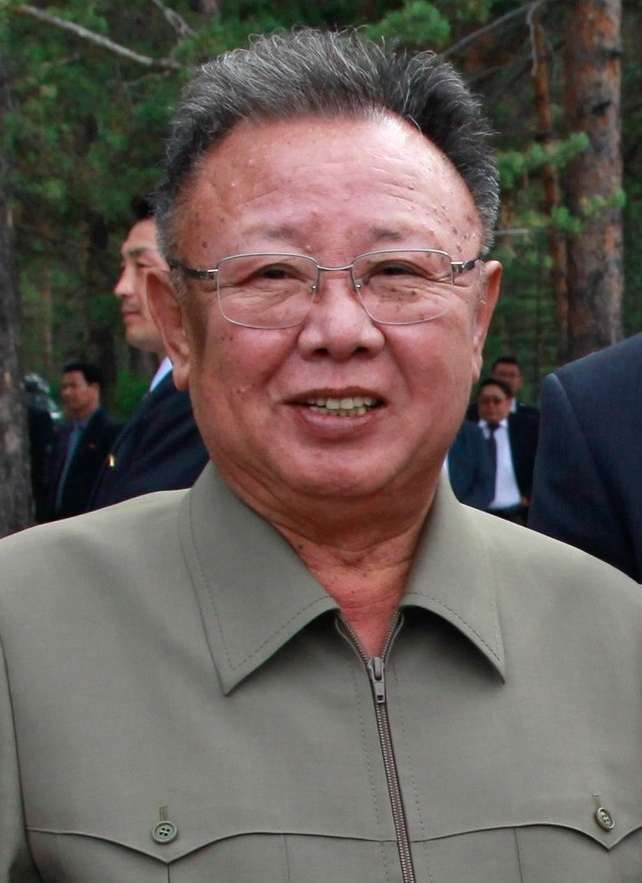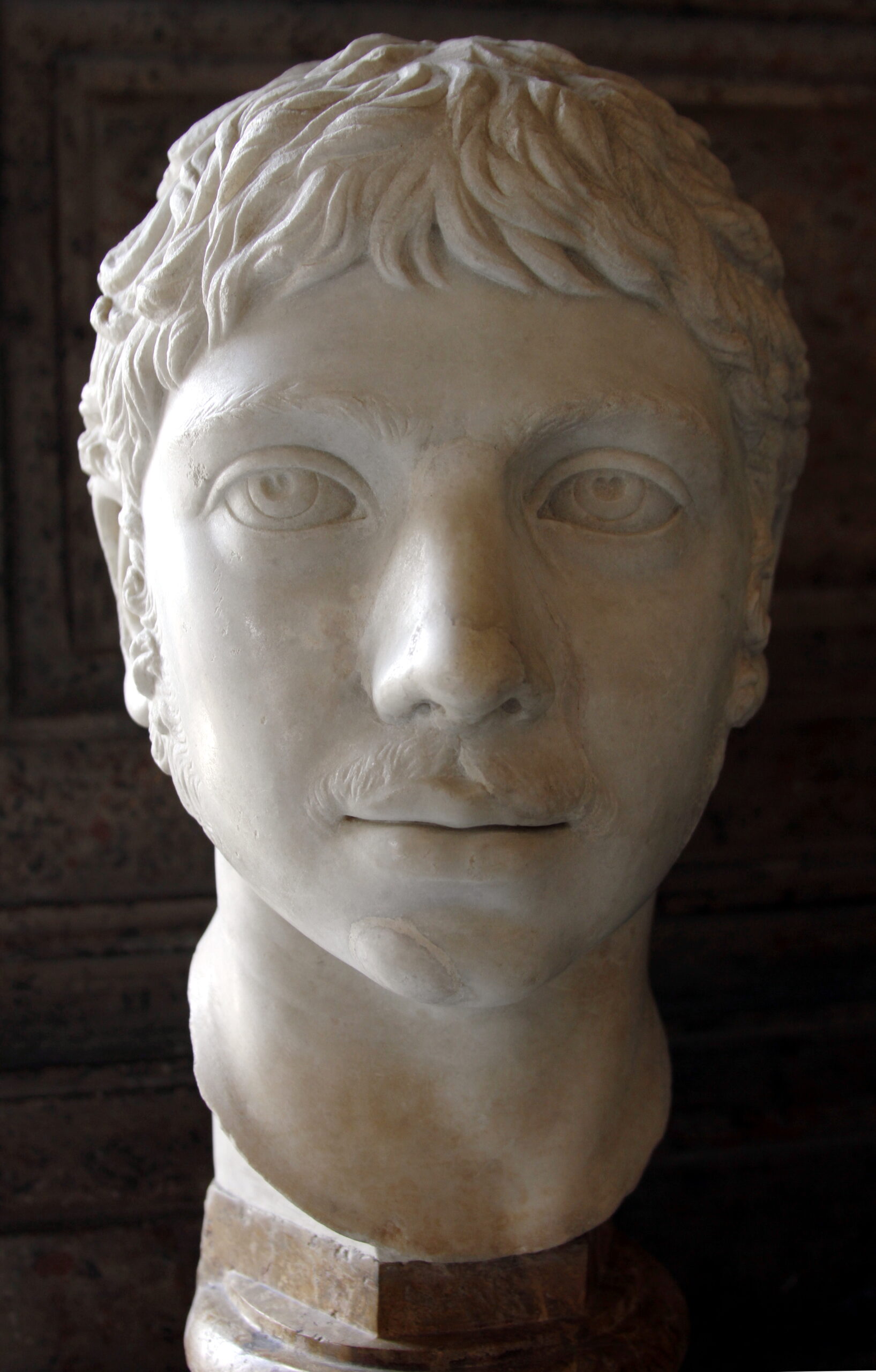Kim Jong-il, the former dictator of North Korea, ruled the country with an iron fist from 1994 until his death in 2011. He was known not only for his brutal repression of the North Korean people but also for his extravagant lifestyle and bizarre antics. From his supposed superhuman abilities to his alleged taste for luxury and film, Kim’s reputation remains both fascinating and disturbing to this day.
One of the most unbelievable aspects of Kim Jong-il’s legacy is his supposedly extraordinary abilities. According to official records, Kim learned to walk at just three weeks old and was talking fluently by the age of eight. These claims have been widely debunked by experts and doctors, who have pointed out that such developmental milestones are not only physically impossible but also highly unlikely given that premature babies often face significant health risks.
Despite the doubts surrounding these claims, Kim actively perpetuated the myth that he was a superhuman. He wrote over 1,500 books in just three years, and although it is unclear how many of these works were actually published, Kim’s regime claimed that he authored everything from political theory to poetry. The regime also asserted that Kim had written six full operas, which it claimed were superior to any other operas in the entire history of music.
Kim’s supposed intellectual and artistic talents did not end there. According to his regime, he shot a round of golf of 38 under par on North Korea’s only golf course on his very first time playing. This feat would make him the lowest-scoring golfer in history, yet no independent verifications of this claim exist. Kim was also said to have holed-out eleven consecutive times while playing golf on a train traveling to Moscow, which would again break the world record.
In keeping with his preference for luxury items, Kim was also a prolific buyer of high-end products, including rare cognacs such as Hennessy. And, according to reports from former aides, roast donkey and fresh lobsters were flown in daily for Kim to eat for reasons that are still not entirely clear.
However, perhaps the most astonishing aspect of Kim’s story is his alleged involvement in the kidnapping of a South Korean film director and his actress wife. The couple, Shin Sang-ok and Choi Eun-hee, were forcibly taken from South Korea in 1978 and held captive in North Korea for over eight years. They were forced to make films for Kim’s personal entertainment, including a North Korean James Bond-style spy film titled “Spy Umbrella.” The couple finally escaped North Korea in 1986, but the experience left a lasting impression on them.
Kim’s passion for cinema extended far beyond filmmaking, however. According to former aides, he owned an impressive twenty thousand videos and DVDs, including favorites such as Friday the 13th, Rambo, and Godzilla. He was also particularly fond of Hong Kong action films and anything starring Elizabeth Taylor.
The peculiarities of Kim’s life and personality were not confined to his personal pursuits, however. Kim’s regime ruthlessly repressed the population of North Korea, famously resulting in a devastating famine in the 1990s that led to the deaths of an estimated two million people. Kim was also known for his brutal tactics in dealing with members of North Korean society who posed a threat to his rule, including the public execution of his own family members.
Although his time in power is over, Kim’s legacy continues to fascinate and disturb people around the world. The innumerable stories of his supposed superhuman abilities, love of fine dining and wine, and peculiar film preferences serve as indicators of his peculiar and disconcerting charm. But it is the ongoing human rights violations in North Korea, including forced labor and political imprisonment, that serve as a stark reminder of the tragic realities that lie beneath the fantastical surface of the Kim Jong-il myth. While he is gone, the shadows of his legacy remain, leaving us to questioning not only his strange ways, but also what the future holds for North Korea after his tenure.
image sources
- Kim_Jong-il_on_24_August_2011_(cropped): https://commons.wikimedia.org/wiki/File:Kim_Jong-il_on_24_August_2011_(cropped).jpg#/media/File:Kim_Jong-il_on_24_August_2011_(cropped).jpg



